Israeli officer ‘commits suicide’ amid psychological struggles from Tel Aviv’s genocide in Gaza
A high-ranking Israeli police officer, initially reported as having been mistakenly killed by friendly fire, has taken his own life due to, what has been identified as, psychological distress following his participation in the Israeli regime’s genocidal war on the Gaza Strip.
Israeli daily Ha’aretz revealed on Monday that the officer, who had been involved in intense October 7th Israeli military operations against Gaza’s residents, used to suffer from severe mental health issues after returning from the war.
The brutal military onslaught has claimed the lives of at least 48,200 Palestinians, mostly women and children, and, according to Israeli sources, at least 844 of the regime’s troops and 69 of its police forces.
Initially, reports from Israeli paper Yedioth Ahronoth had suggested that the officer's death had been caused by friendly fire, an incident, during which military or security forces would mistakenly shoot their fellow troops or officers.
Ha’aretz, however, has clarified that the officer had been grappling with profound psychological issues, leading to suicidal thoughts and, ultimately, his death at his own hands.
Before his death, the officer, whose identity has not been disclosed, had even attempted to deceive Israeli forces by disguising himself as a Palestinian, shouting “Allahu Akbar (God is Great),” in an attempt at endangering his life -- while being suspected to be harboring suicidal inclinations.
Observers say the incident highlights the severe emotional toll the war has had on Israeli military personnel, many of whom are struggling to cope with the psychological aftermath.
In early January, Ha’aretz had reported that at least 28 Israeli troops had died by suicide since the beginning of the onslaught, the highest number recorded since 2015.
The development came after emergence of a footage showing an Israeli trooper’s throwing himself at a moving subway car in Tel Aviv.
The military's inability to prevent such incident has, meanwhile, drawn increasing concerns from both the regime’s illegal settlers and mental health professionals.
In response to such cases, the military has, according to the regime’s Kan broadcaster, enlisted 800 psychiatrists and opened additional psychological counseling centers to provide support for its forces.
The centers have reportedly received over 3,900 calls from military personnel who are contemplating suicide, many reportedly recounting suffering from severe post-traumatic stress disorder (PTSD), worsened by constant redeployment, and the sense of disillusionment that follows prolonged warfare.
Pundits also note how the psychological impact of the war extends beyond individual troops, affecting entire communities.
Venezuelan military stands with acting president after US kidnapping of Maduro
VIDEO | Press TV's news headlines
VIDEO | Protesters in Toronto slam US kidnapping of Venezuelan president
Israeli troops detain, intimidate Palestinian toddler in West Bank
Iran says its investments in Venezuela face no major risk
Make ‘right decision’ or face more US pressure, Rubio tells Venezuela’s Rodriguez
VIDEO | General Soleimani honored in Kashmir, Kargil
US, Israel waging ‘soft warfare’ to destabilize Iran after June defeat: Top general



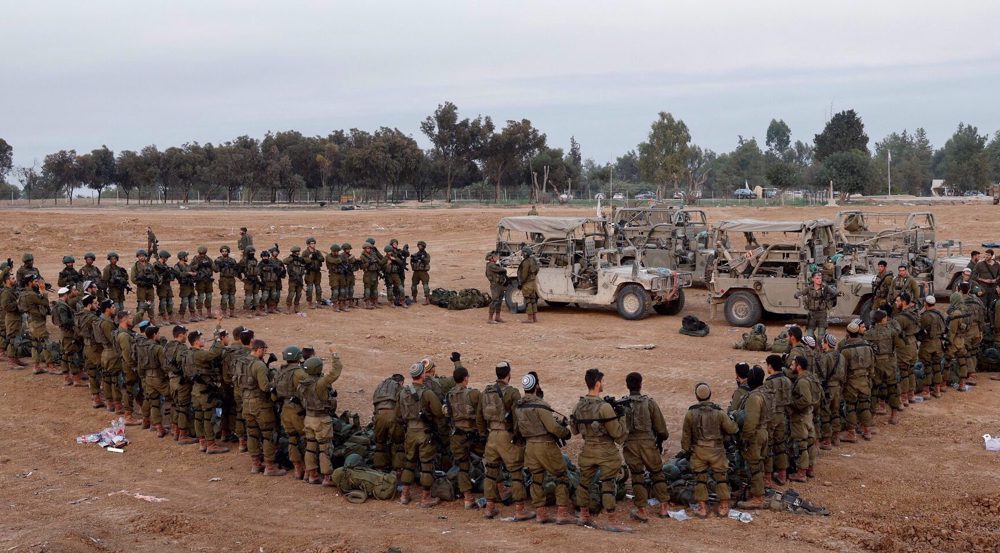
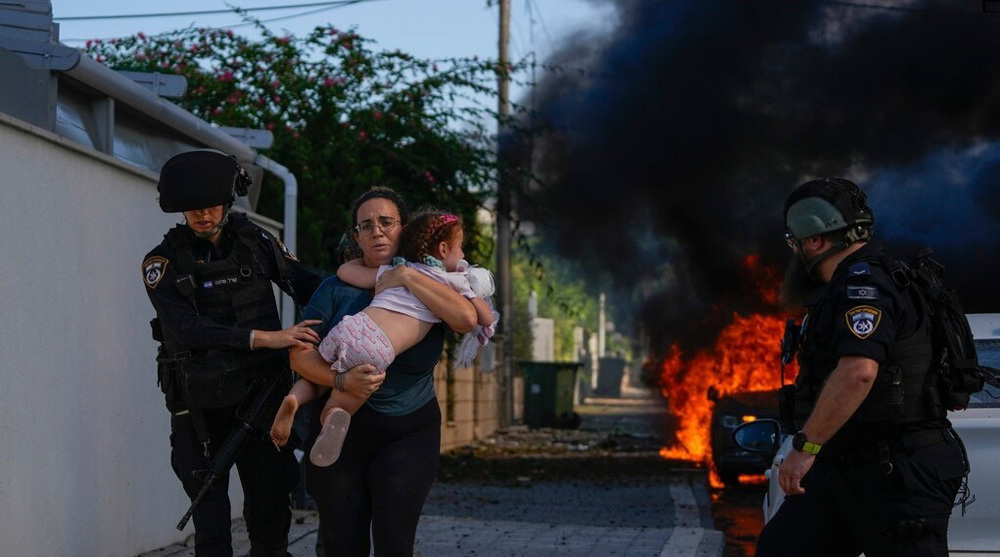

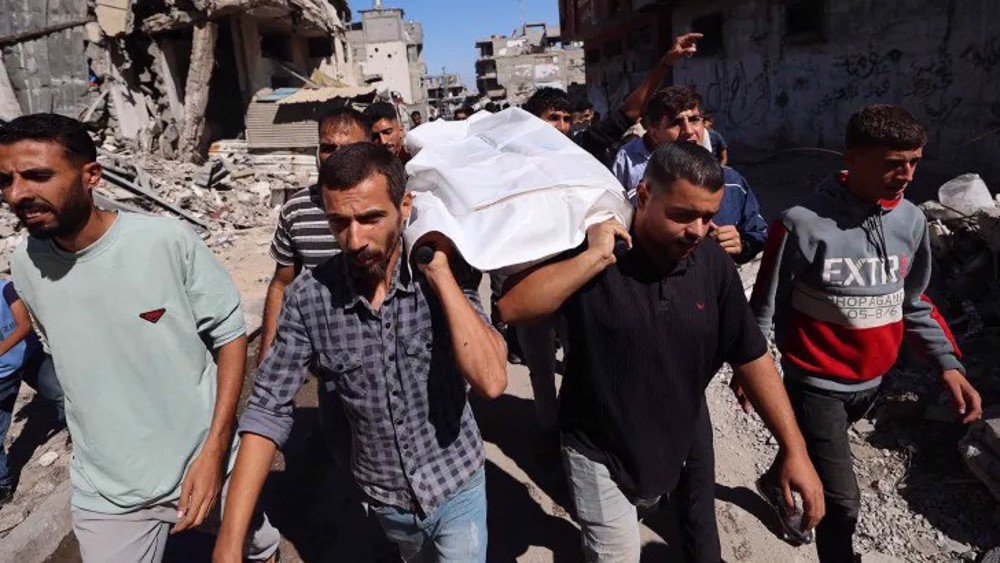




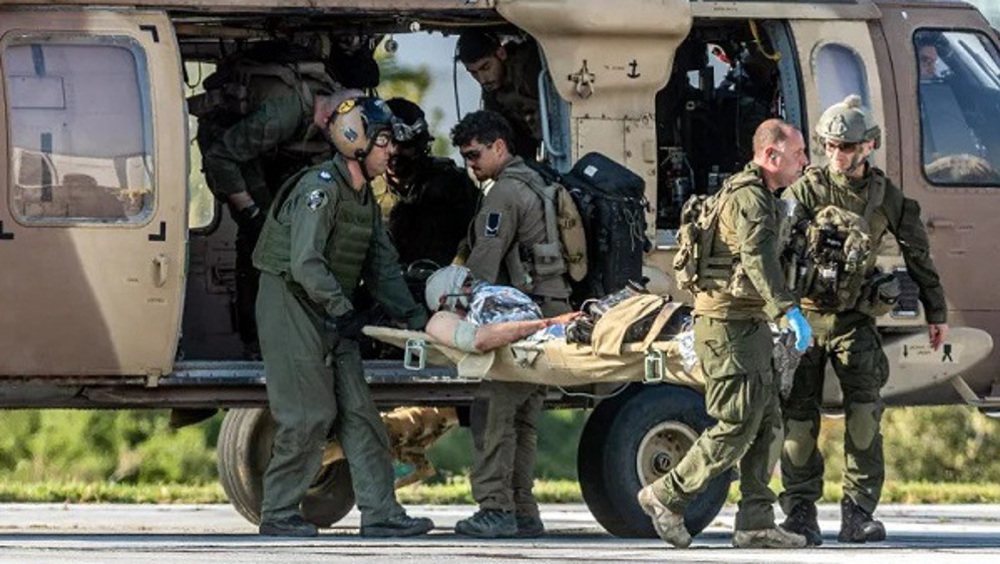

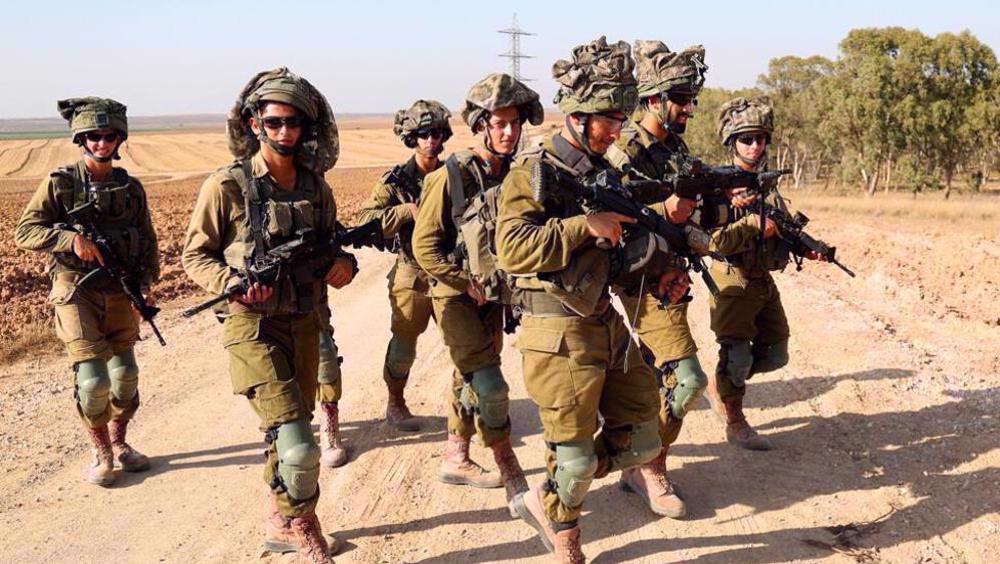

 This makes it easy to access the Press TV website
This makes it easy to access the Press TV website